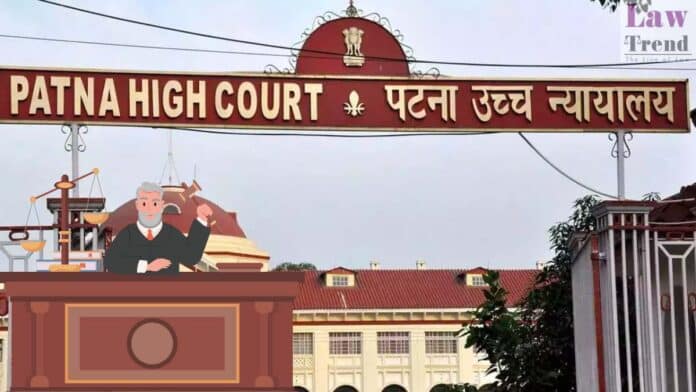The Patna High Court, in a significant ruling, has held that terminating an Anganwadi worker solely based on implication in a criminal case, without providing an opportunity to be heard, violates the principles of natural justice. The judgment was delivered by a division bench comprising Justice P. B. Bajanthri and Justice Alok Kumar Pandey in
To Read More Please Subscribe to VIP Membership for Unlimited Access to All the Articles, Download Available Copies of Judgments/Order, Acess to Central/State Bare Acts, Advertisement Free Content, Access to More than 4000 Legal Drafts( Readymade Editable Formats of Suits, Petitions, Writs, Legal Notices, Divorce Petitions, 138 Notices, Bail Applications etc.) in Hindi and English.




